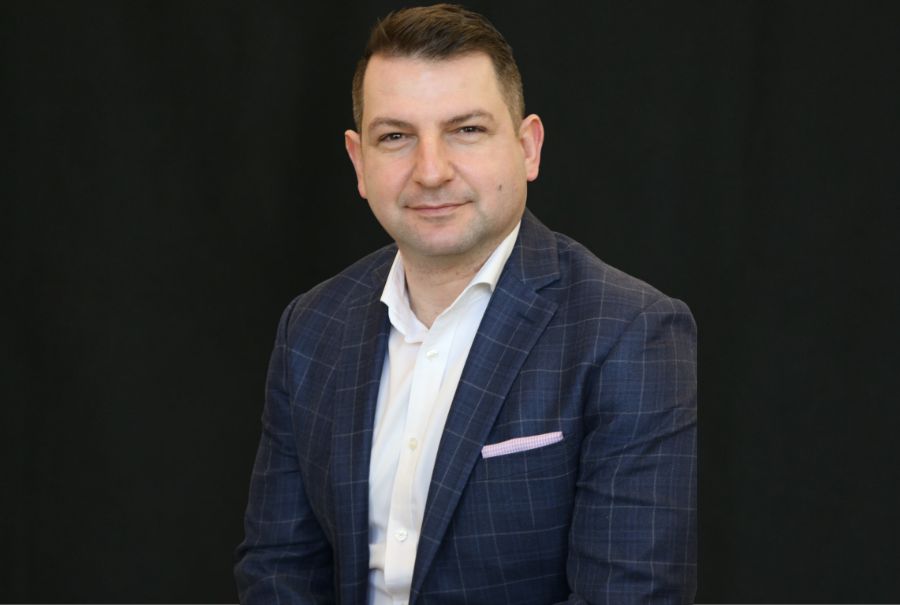
Patients with complex care needs require more extensive medical, psychological, or social support that often falls outside of standard treatment pathways.
A new study from The Institute for Education Research at UHN explores how stroke rehabilitation clinicians navigate these challenges and identifies the supports needed to empower adaptive and patient-centred care.
Standardized care pathways are designed to promote efficient, consistent and evidence-based health care delivery. While effective for many patients, these structured models often lack the flexibility to address the multidimensional and unpredictable needs of individuals with complex conditions, such as those recovering from stroke.
Dr. Alyssa Indar, lead author of the study, The Institute for Education Research educational investigator and current Director of Scholarship and Innovation in UHN’s Collaborative Academic Practice, conducted this work as a PhD student in Dr. Maria Mylopoulos’ ExCEL LabExCEL Lab at the Wilson Centre.
The research team interviewed 22 participants from six accredited Canadian stroke centres. Participants included clinicians from medicine, physical and occupational therapy, nursing and social work, as well as organizational leaders and health system experts.
The study, whose collaborator was Dr. Maria Mylopoulos, a Senior Scientist at The Institute for Education Research, a Senior Scientist at the Wilson Centre and an associate professor in the Department of Pediatrics and the Institute of Health Policy, Management, and Evaluation at the University of Toronto, aimed to understand how clinicians deliver care to patients with complex care needs and how this care aligns with organizational expectations and planning.
The findings revealed a disconnect: clinicians reported that most of their patients have complex care needs, while organizational and health system leaders often assume only a small portion require care beyond what is offered in standard pathways.
Because leaders influence policy and resource allocation, this disconnect reinforces rigid care models that may not reflect clinical realities. As a result, clinicians frequently develop workarounds to deliver equitable care.
However, these strategies are not always sufficient to meet the complex needs of patients and can lead to frustration, moral distress and burnout among clinicians.
These insights underscore the need for more flexible, supportive health systems that better align policy with patient needs.
Empowering care providers to respond effectively to complex care needs can foster more responsive, collaborative and equitable health care.
This study was supported by generous donors to UHN Foundation.

No one ever changed the world on their own but when the bright minds at UHN work together with donors we can redefine the world of health care together.


